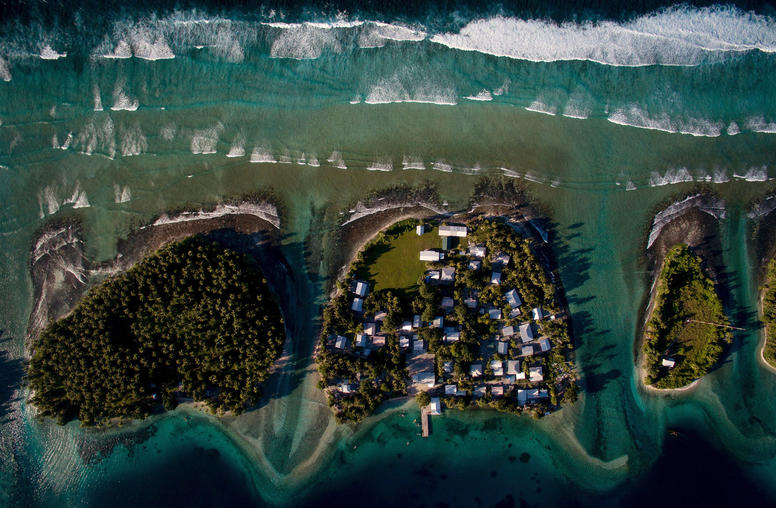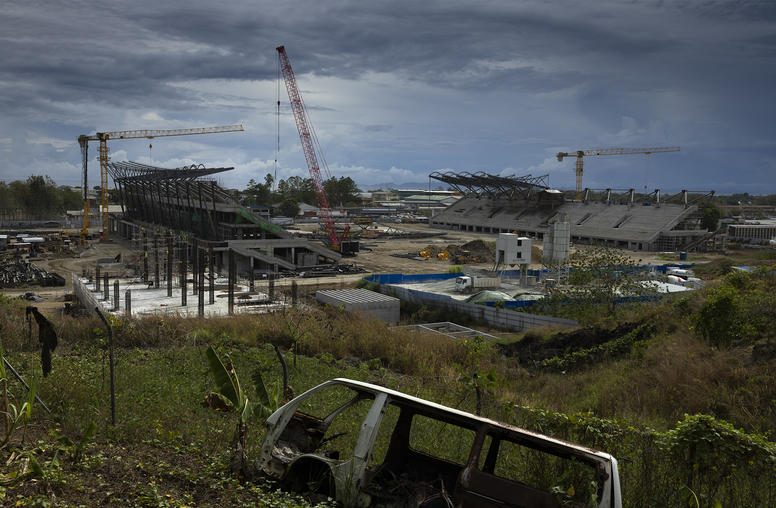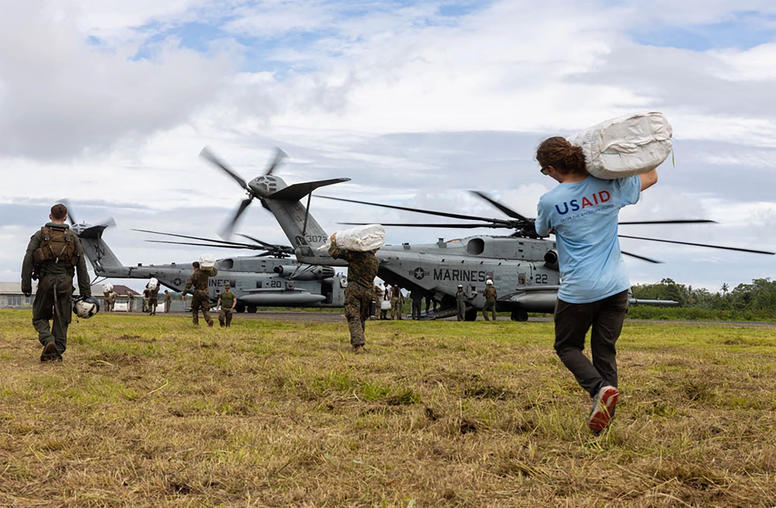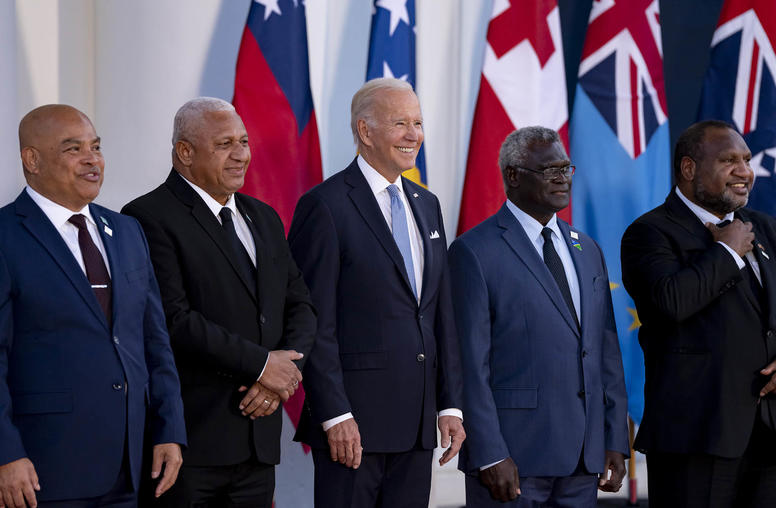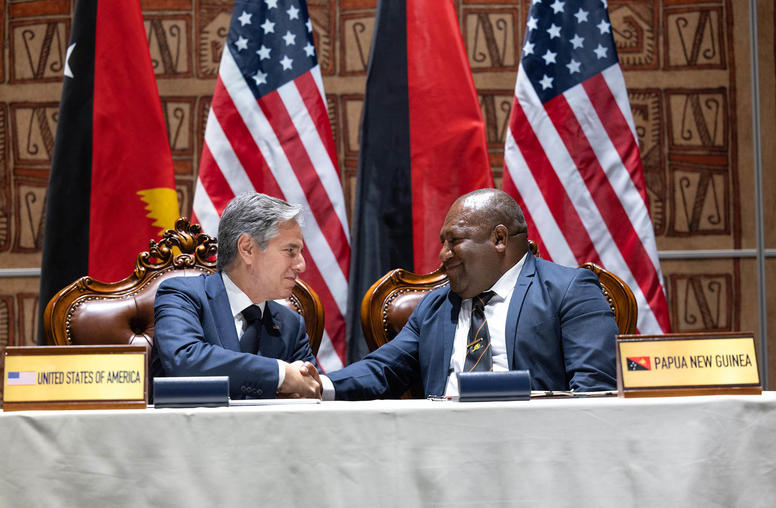Camilla Pohle
Contact
Please submit all media inquiries to interviews@usip.org or call 202.429.3869.
For all other inquiries, please call 202.457.1700
Camilla Pohle is a senior program specialist at USIP, where her work focuses on peace and stability in the Pacific Islands.
Before joining USIP, she worked for the U.S. government as a political analyst covering the Pacific Islands, including their politics, security and foreign policy.
Pohle holds a bachelor's degree in history from Mount Holyoke College.
